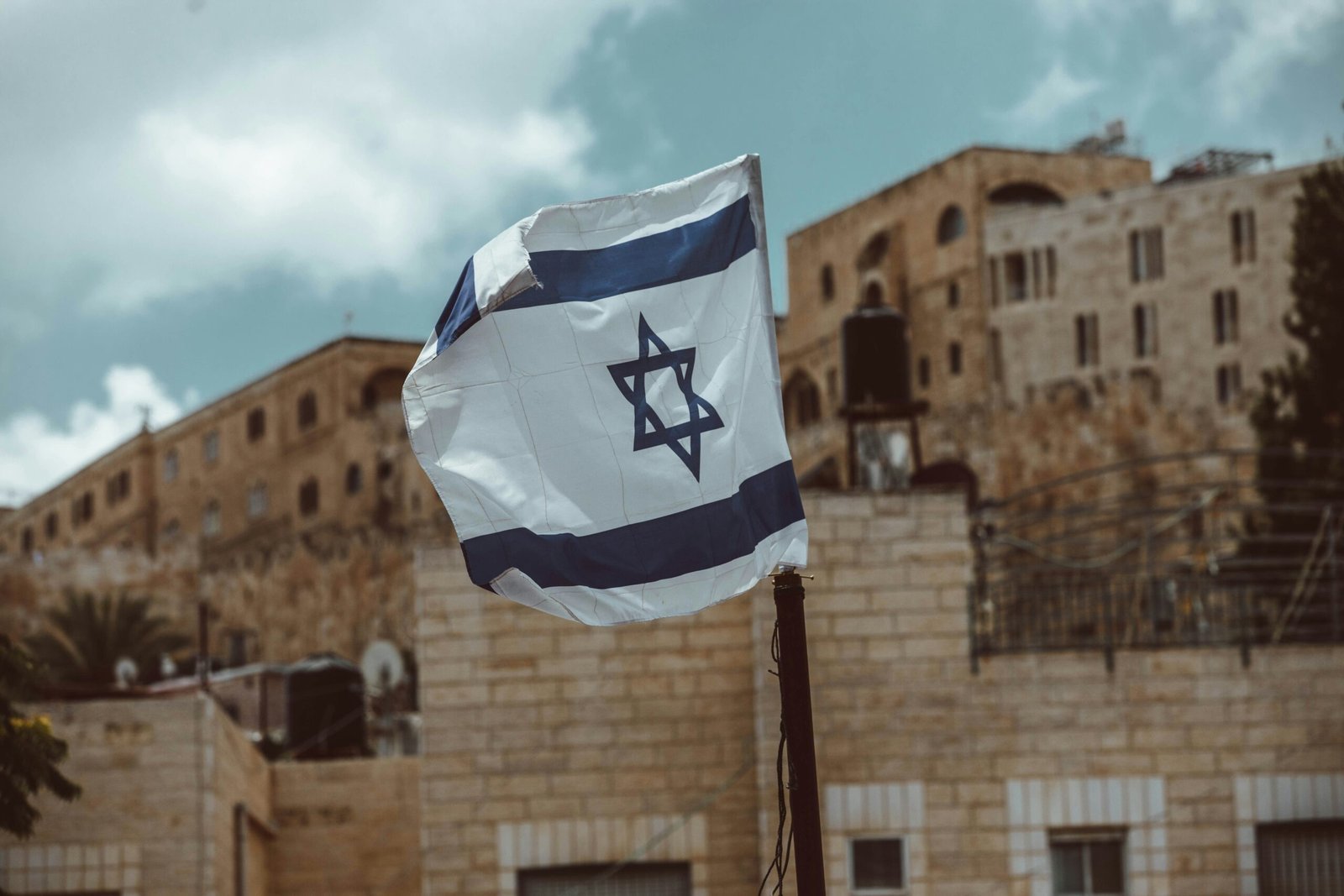Israeli Prime Minister Benjamin Netanyahu has announced plans to evacuate the overcrowded city of Rafah before expanding military operations there, despite objections from the Biden administration and human rights groups. The potential invasion of Rafah has raised concerns about the devastating impact it could have on the city and its population.
Netanyahu’s office has stated that the evacuation plan would involve not only destroying four Hamas battalions in Rafah but also evacuating the estimated 1.5 million people residing in the city. The Israeli government believes that leaving the battalions intact would hinder their main objective of destroying Hamas.
This request for evacuation plans in Rafah comes in the wake of President Joe Biden’s criticism of Israel’s military response in Gaza. Biden has described it as “over the top,” marking his strongest condemnation of Israel’s actions during the conflict.
The United States, along with various human rights groups, has expressed concerns about the potential consequences of a full-scale invasion of Rafah. The city is already overcrowded, and any military operation would likely result in significant civilian casualties and infrastructure damage. The Biden administration has urged Israel to consider alternative strategies that prioritize the protection of innocent lives.
However, Netanyahu remains determined to proceed with the evacuation and military operations in Rafah. The Israeli government sees the destruction of Hamas as crucial to ensuring long-term security in the region. They argue that Hamas poses a significant threat to Israeli citizens and that decisive action is necessary to neutralize their capabilities.
The situation in Rafah is complex and fraught with challenges. The city has been a hotspot of conflict between Israel and Hamas, with both sides engaging in intense fighting. The civilian population has borne the brunt of this violence, facing the constant threat of airstrikes and ground incursions.
Human rights groups have raised concerns about the potential violation of international humanitarian law in the event of a full-scale invasion. They argue that the indiscriminate targeting of civilians and civilian infrastructure would constitute war crimes. The Israeli government, on the other hand, maintains that their military actions are necessary for self-defense and that they take precautions to minimize civilian casualties.
The international community has called for an immediate ceasefire and a return to negotiations to resolve the underlying issues fueling the conflict. Many countries have expressed their support for a two-state solution, with Israel and Palestine coexisting peacefully within secure and recognized borders. However, achieving this goal has proven challenging, with deep-rooted political, historical, and territorial disputes complicating the peace process.
In the meantime, the people of Rafah continue to live in fear and uncertainty. They face the constant threat of violence and displacement, with their lives and livelihoods hanging in the balance. The international community must redouble its efforts to find a peaceful and just resolution to the Israeli-Palestinian conflict, one that respects the rights and dignity of all parties involved.
In conclusion, the Israeli government’s plans to evacuate Rafah before a potential invasion have sparked controversy and concern. While Israel sees the destruction of Hamas as necessary for its security, the potential impact on the civilian population and infrastructure cannot be ignored. The international community must work together to find a peaceful resolution to the conflict and alleviate the suffering of the people of Rafah and the wider region.
